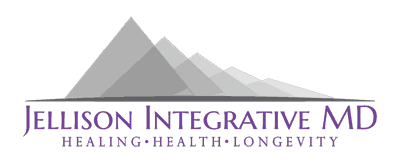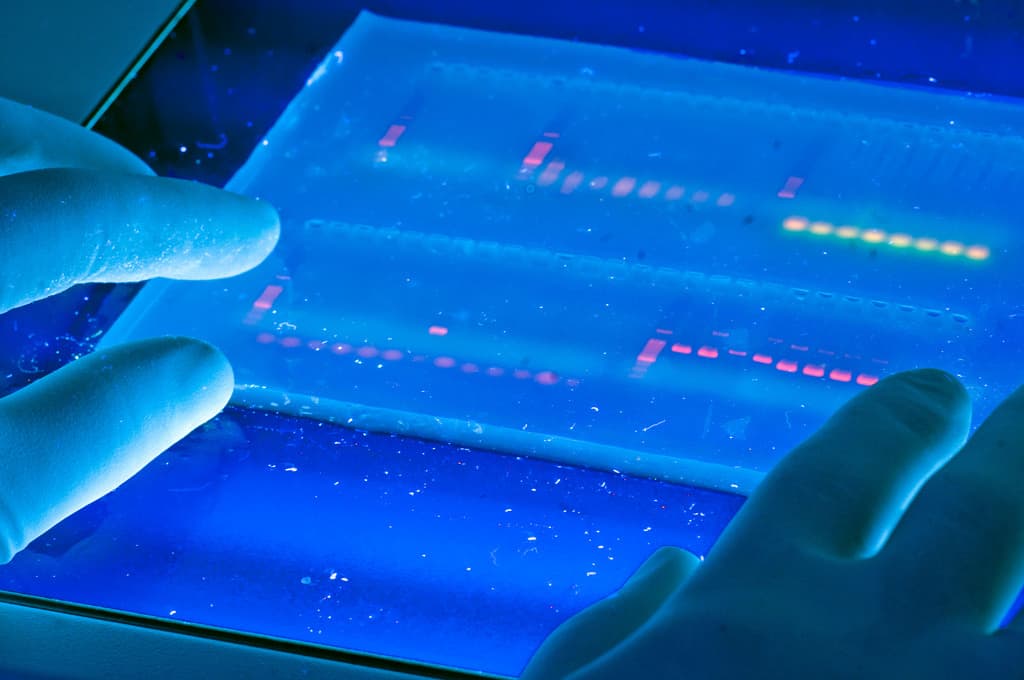We have created a world full of toxins through our food, water, and air pollution – but we weren’t the first to spread toxins in our environment. Mold wasn’t born yesterday. It’s time here on earth has exceeded human existence for billions of years releasing its mycotoxins into the environment.
Mold is a fungus that can cause your immune system to work itself into a frenzy, disrupting certain essential processes in your body. One of the processes that can get disrupted is the methylation process which is involved in detoxification.
Disruption of the methylation cycle could be the cause of your debilitating toxic mold symptoms. These symptoms can range from:
- Chronic fatigue
- Persistent migraines
- Achy joints
- Brain-fog
- Memory loss
- Shortness of breath
- Upper respiratory tract symptoms
The wide range of different symptoms is what keeps doctors and patients going around in circles trying to figure out the cause – why is your body on the fritz?
The methylation cycle is essential for your body to function. It’s a chain of reactions, which are dependent on every step before it to go according to plan. As with anything in life, sometimes your body doesn’t act according to plan. When it comes to certain genes – like your MTHFR gene – combined with mycotoxins, they can stand in the way of your methylation processes and make it harder for you to detox from mold toxins.
What is the Methylation Cycle?
The methylation cycle is one of the most important metabolic pathways happening in your body, right now. This next section dives into the methylation cycle because it tends to get a little confusing for both patients AND doctors – but bare with me, because it’s important to understand how it works and why it’s necessary.
When people refer to methylation they are actually referring to the act of a methyl group bonding to another molecule to produce a chain reaction. A methyl group is simply a molecule containing one carbon atom and three hydrogen atoms (CH3). Bonding of methyl groups to different molecules changes their function and ultimately gives them different jobs to perform in your body.
The methylation cycle uses certain enzymes in your body to convert other molecules into active forms so your body can use them properly. Think of it as simple math – addition and subtraction. When you add a methyl group to a molecule it’s now a completely different molecule with certain duties it performs. And when you subtract a methyl group it turns off this responsibility.
The enzyme methylenetetrahydrofolate reductase, or MTHFR for short, converts the folic acid foods you eat (vitamin B9) to folate by adding a methyl group to it. This active folate is what starts the methylation cycle. And if you have a certain mutation on the MTHFR gene that produces this enzyme or an overload of toxins not allowing the domino effect to start – you get in a sticky situation of disrupting your body’s natural functions.
Why is the Methylation Cycle so Important?
Methylation is one of the most important biochemical processes in your body happening billions of times each second. Methylation performs multiple roles including:
- Promoting detoxification
- Producing glutathione
- Maintaining DNA
- Balancing mood
- Producing neurotransmitters
- Controlling inflammation
- Balancing hormones
If your methylation process isn’t in tip-top shape you might be unable to detox mycotoxins from your body. A dysfunction in your methylation process can lead to cardiovascular disease, cancer risks, and even neural tube defects.
Proper Methylation Promotes Detoxification
It’s important for our body’s natural detoxification pathways to be working especially in the presence of mold mycotoxins. Around 40% of the population has a mutation on their MTHFR gene and most are unaware of it causing them to wonder why they have trouble detoxing. Methylation is important in Phase II of our liver’s detoxification process – breaking down toxins for excretion.
Not only does this mutation hinder detoxification happening in your liver, but it decreases the production of glutathione. Glutathione is the body’s master antioxidants – the main job of this powerful antioxidant is to remove toxin build up in your body.
Even if you don’t have an MTHFR gene mutation, your toxic burden, which is an accumulation of the toxins in your body, can affect this methylation process. So it’s essential for your health to reduce toxic overload in your body.
MTHFR Mutation and Healing
There are natural ways to help your body recover from a disrupted methylation process. By incorporating methylfolate foods or supplements and reducing toxins you can support your methylation cycle. But it’s necessary to work with doctors who are educated in this process. It’s a confusing road and you need knowledgeable information to help guide you through the healing process.
If you have a MTHFR mutation or if your toxic burden is inhibiting the methylation cycle, you want to make sure you are continuing to manage and decrease your toxic load. A few natural ways to support this cycle are:
- Incorporate methylfolate-rich foods
- Eat foods high in natural folate
- Support your body’s natural detoxification process through infrared saunas, IV glutathione, exercise, healthy foods, and chelation supplements
- Remove mold from your home
- Avoid toxins
- Manage your stress
- Focus on gut health – take probiotics
- Talk to your doctor about what supplements are best for you
The methylation process is an intricate orchestra relying on each instrument to be in tune. With one mutation on the MTHFR gene, your body can play out of tune. This can become overwhelming, but there is support right around the corner. You don’t have to let your genes rule your world – there are ways to heal.
If you are in the Kansas City area and are having trouble detoxing from mold or think you might have an MTHFR gene mutation and need MTHFR treatment book an appointment today with Dr. Jessica Jellison or Dr. Paul Reicherter or call 913-568-0608.
Reference
- https://www.ncbi.nlm.nih.gov/pubmed/28869036
- https://www.ncbi.nlm.nih.gov/books/NBK6561/
- https://www.ncbi.nlm.nih.gov/pmc/articles/PMC4488002/
- http://circ.ahajournals.org/content/circulationaha/111/19/e289.full.pdf
- https://www.ncbi.nlm.nih.gov/pubmed?term=Crott%2C%20J.%20et%20al.%20%20Carcinogenesis.%202004
- https://www.ncbi.nlm.nih.gov/pmc/articles/PMC437144/?tool=pubmed
- http://static1.squarespace.com/static/505e7a18e4b0a01995610030/t/51509826e4b0910b2442d8d7/1364236326092/Science-2012-Pennisi-1159-61.pdf
- https://www.ncbi.nlm.nih.gov/pmc/articles/PMC4488002/
- https://www.ncbi.nlm.nih.gov/pubmed/9461031
- https://www.ncbi.nlm.nih.gov/pmc/articles/PMC3035853/
- https://www.23andme.com/en-int/
- https://www.ncbi.nlm.nih.gov/pmc/articles/PMC4488002/
- https://www.mindmeister.com/12694596/mthfr-related-health-problems







